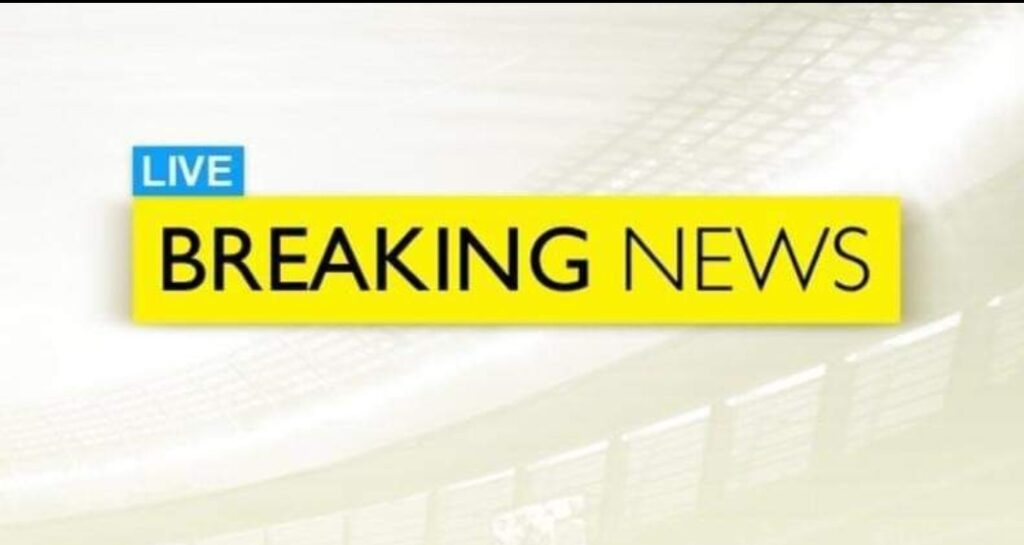The controversy surrounding Amad Diallo’s disallowed goal has taken center stage in football discussions, sparking heated debates among fans, analysts, and pundits. The incident occurred during a pivotal Premier League match and, despite the conclusion of the game, the uproar over the decision has persisted, keeping the spotlight firmly on the contentious ruling. The situation escalated to such an extent that the English Premier League was forced to initiate an official review of the decision, with the final ruling now released to either uphold or overturn the verdict.
Diallo’s goal, which was initially met with jubilant celebrations from his teammates and fans, was later ruled out following an intervention by the Video Assistant Referee (VAR). The decision to disallow the goal was attributed to a marginal infringement in the build-up play. However, the lack of transparency surrounding the incident, combined with the emotional reactions of both players and fans, transformed the event into one of the season’s most fiercely debated moments. Critics of the decision questioned whether the infringement had any significant influence on the goal, while others argued that the VAR system’s role in such decisions required greater scrutiny.
Following the widespread backlash and calls for clarification, the Premier League launched a detailed investigation into the incident. Officials conducted an extensive review, analyzing every available camera angle and scrutinizing the evidence. After thorough deliberation, the Premier League’s review team concluded that the original decision to disallow Diallo’s goal was incorrect. Their findings revealed that the alleged infringement during the build-up had no direct bearing on the goal itself, meaning the VAR intervention and subsequent decision to overturn the goal were erroneous.
This conclusion has added to the growing discourse around the reliability of VAR and its impact on the game. For many, the incident highlights ongoing concerns about the technology’s consistency and transparency, as well as the pressure it places on referees during crucial moments. Diallo’s disallowed goal is now seen as a turning point in the ongoing conversation about the implementation and use of VAR in football.
With the Premier League publicly acknowledging the error, the incident has reignited calls for reforms to improve the accuracy and efficiency of decision-making in the sport. While the verdict may provide some closure, the broader implications for the game and its officiating systems remain at the forefront of discussions among the football community.
